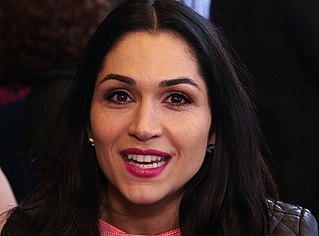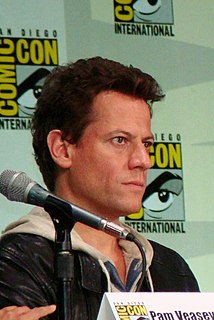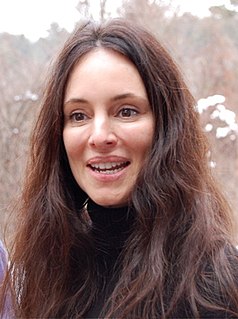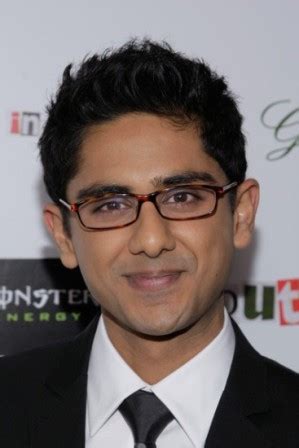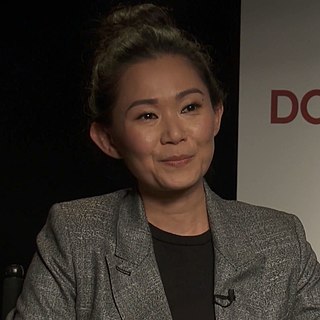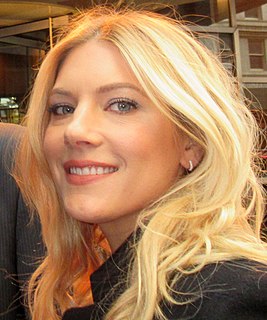A Quote by Lela Loren
If you are playing a Hispanic character who has to speak in dialect or in an accent, nail that dialect or accent. When I hear a character that's supposed to be Cuban speaking with a Mexican accent or vice versa, it grates on me and immediately pulls me out of the story.
Related Quotes
It's really an organic sort of process. You start off with the character on the page. You fall in love with that character and you have to represent that character well and I think it's just an evolution there. Using the accent and speaking the lines with the accent in fact opens the door to who the character really is.
When you hear somebody speaking in an accent, it's almost like they're invading your language while they're speaking to you because if you hear someone speak another language, you almost don't care. But when they speak your language with an accent, it feels like an invasion of something that belongs to you. And, immediately, we change.
